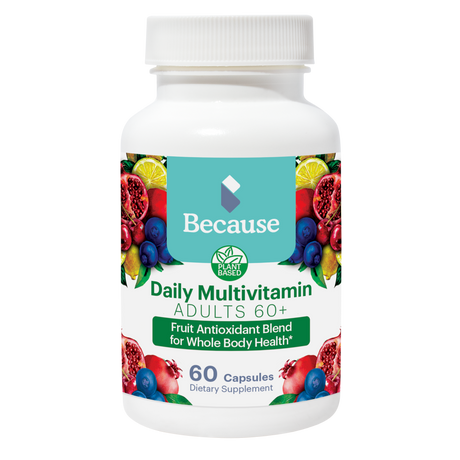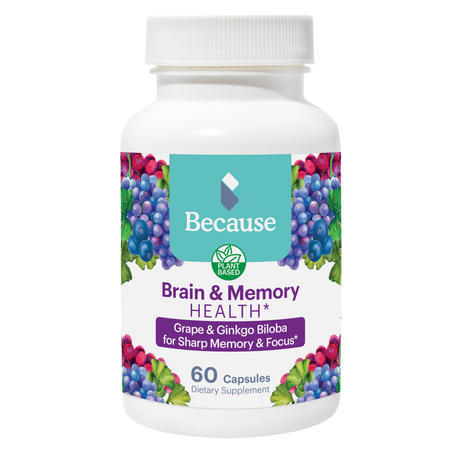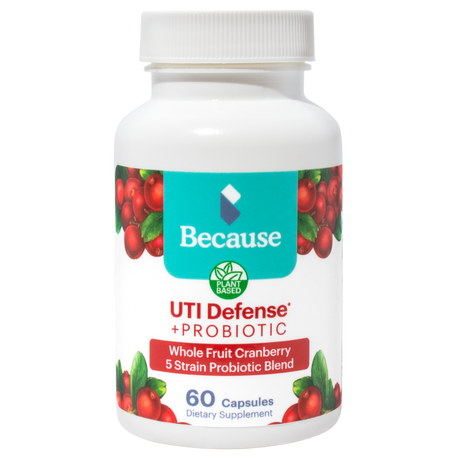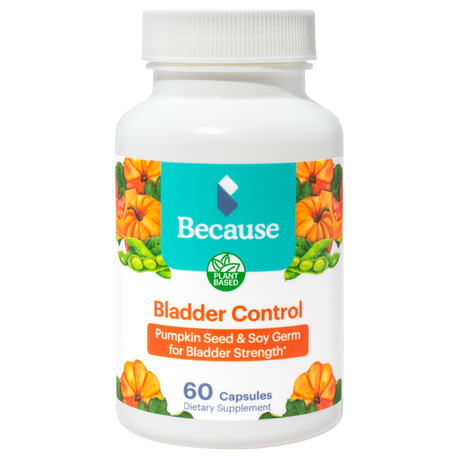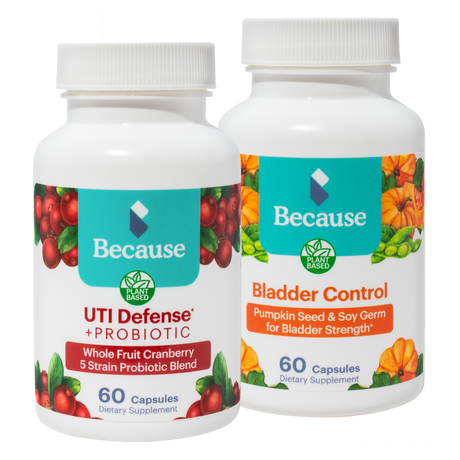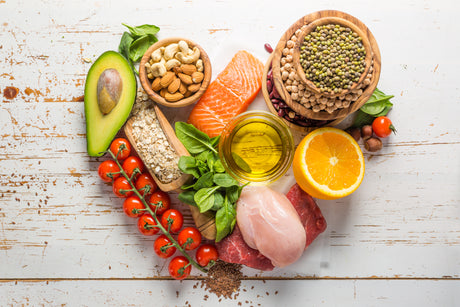In a world where mental well-being is gaining increasing recognition, the role of nutrition in supporting cognitive function has never been more crucial. From vibrant berries bursting with antioxidants to omega-3-rich fatty fish, we’ll discuss which foods have the potential to promote cognitive health and enhance your brain's vitality.

1. Grapes
Rich in polyphenols, particularly resveratrol, and flavonoids, grapes exhibit potent antioxidant properties that help protect the delicate neurons in our brains from oxidative stress. Resveratrol, also found in red wine, has been linked to enhanced cognitive function and may play a role in preventing age-related memory decline.
Additionally, the abundance of flavonoids in grapes supports improved blood flow, contributing to optimal circulation and oxygenation of the brain. The fruit's natural sugars provide a quick energy boost, while the presence of vitamin K and various minerals adds another layer of nutritional support for overall cognitive well-being.

2. Berries
Packed with antioxidants like anthocyanins, berries boast remarkable neuroprotective properties that shield the brain from oxidative stress and inflammation. These compounds have been linked to improved cognitive function and a reduced risk of age-related cognitive decline. The high levels of vitamins C and K found in berries contribute to a bolstered immune system and enhanced neuronal communication.
Furthermore, the presence of flavonoids in berries has been associated with increased blood flow to the brain, fostering better cognitive performance. Which berries should you mix into your daily menu? Try these super brain boosting berries:
- Blueberries
- Strawberries
- Blackberries

3. Avocados
Avocados, often celebrated for their creamy texture and rich flavor, are not only a gastronomic delight but also a powerhouse of nutrients beneficial for brain health. Packed with monounsaturated fats, avocados support healthy blood flow, aiding in the delivery of essential nutrients to the brain. These good fats also play a role in maintaining optimal cholesterol levels, crucial for overall cardiovascular health, which, in turn, influences cognitive function.
Avocados are a rich source of vitamins, particularly vitamin K, vitamin E, and a variety of B vitamins, contributing to the protection of neurons and supporting neurotransmitter function. Additionally, the fruit contains folate, a nutrient associated with cognitive function and mood regulation. With its diverse nutrient profile, including antioxidants and anti-inflammatory compounds, avocados stand out as a brain-boosting superfood that not only satisfies the taste buds but also nourishes the mind.

4. Seafood
Seafood emerges as a nutritional treasure trove for brain health, offering an array of essential nutrients that contribute to cognitive function and overall well-being. Fatty fish such as salmon, mackerel, and trout are abundant sources of omega-3 fatty acids, particularly docosahexaenoic acid (DHA), which forms a crucial component of brain cell membranes. DHA is linked to improved cognitive function, memory, and concentration.
Seafood is also rich in nutrients like vitamin D, iodine, and selenium, all of which play vital roles in supporting brain health. Vitamin D is associated with cognitive performance, while iodine is crucial for proper thyroid function, influencing brain development and function. Selenium, as an antioxidant, helps protect the brain from oxidative stress. Including seafood in your diet provides a nourishing boost to your brain, offering a delectable and wholesome approach to cognitive well-being.
Which fish should you cook up for dinner if you want to improve your cognition? Try one of these tonight:
- Salmon
- Trout
- Herring
- Sardines
- Mackerel

5. Leafy Greens
Leafy greens are an abundant source of vitamins, minerals, and antioxidants. Leafy greens such as kale, spinach, and Swiss chard offer a nutritional symphony that supports cognitive function. Rich in folate, these greens play a crucial role in neurotransmitter synthesis, promoting communication within the brain and enhancing mood.
Additionally, the high levels of vitamin K found in leafy greens contribute to the formation of sphingolipids, a type of fat densely concentrated in brain cells, known to support cognitive abilities.
The presence of antioxidants like vitamin C and beta-carotene in leafy greens further combats oxidative stress, reducing the risk of age-related cognitive decline. Whether tossed in a salad, blended into a smoothie, or sautéed as a side dish, incorporating leafy greens into your diet is a delicious strategy for nourishing both your body and mind.

6. Nuts
Packed with healthy fats, including omega-3 fatty acids and monounsaturated fats, nuts such as walnuts, almonds, and hazelnuts contribute to the structural integrity of brain cells and support overall cognitive function. The presence of antioxidants, vitamin E, and minerals like magnesium and zinc in nuts helps protect the brain from oxidative stress and inflammation.
Moreover, nuts, and particularly walnuts, are excellent sources of protein and provide a steady release of energy, promoting sustained focus and mental clarity. Studies suggest that regular nut consumption is associated with improved memory and cognitive performance, making them an indispensable component of a brain-boosting diet.
Whether sprinkled over yogurt, enjoyed as a snack, or incorporated into meals, nuts offer a delicious and convenient way to nourish your brain and support cognitive vitality.

7. Cruciferous Vegetables
Cruciferous vegetables contain a potent combination of vitamins, minerals, and phytochemicals, which allow these vegetables to offer a robust defense against cognitive decline. Sulforaphane, a compound found in cruciferous veggies, has been linked to enhanced cognitive function and may play a role in protecting the brain against neurodegenerative diseases.
Additionally, these vegetables are rich in folate, a B-vitamin crucial for neurotransmitter synthesis and cognitive development. The abundance of antioxidants, including vitamin C and beta-carotene, helps combat oxidative stress and inflammation, promoting a healthy environment for brain cells.

8. Beans and Legumes
Beans and legumes are rich in complex carbohydrates and provide a sustained release of energy, supporting optimal cognitive function and mental alertness. The high fiber content in beans aids in regulating blood sugar levels, preventing energy spikes and crashes that can impact brain performance.
Additionally, beans are excellent sources of essential nutrients such as folate, iron, magnesium, and zinc, which play key roles in neurotransmitter synthesis, oxygen transport, and overall cognitive development. The presence of antioxidants in beans helps protect the brain from oxidative stress and inflammation, contributing to long-term cognitive well-being.

9. Whole Grains
Whole grains provide a steady and sustained release of glucose, the primary energy source for the brain, and support optimal cognitive function and mental clarity. The fiber content in whole grains aids in regulating blood sugar levels, preventing the energy crashes that can affect concentration and focus.
Whole grains are abundant in essential nutrients such as B-vitamins, including folate, which plays a crucial role in neurotransmitter synthesis and cognitive development. The presence of antioxidants and minerals in whole grains, such as magnesium and iron, contributes to protecting the brain from oxidative stress and supporting optimal oxygen transport. Whether in the form of brown rice, quinoa, oats, or whole wheat, incorporating a variety of whole grains into your diet is a delicious and nutritious way to nourish your brain and enhance cognitive well-being.

10. Dark Chocolate (in moderation)
Indulging in dark chocolate isn't just a treat for the taste buds; it also offers a delightful boost to brain health. Rich in flavonoids, particularly the potent group known as flavanols, dark chocolate exhibits strong antioxidant properties that help protect brain cells from oxidative stress. The flavonoids may also improve blood flow to the brain, enhancing cognitive function and memory.
Dark chocolate contains stimulants like caffeine and theobromine, which can provide a temporary mental boost and heightened alertness. Additionally, the presence of magnesium and other minerals contributes to overall neurological well-being. While moderation is key due to its calorie density, incorporating high-quality, 70% or higher dark chocolate into your diet can be a delicious and guilt-free way to support brain function and savor the sweet side of cognitive well-being.
Bonus: Water
Hydration serves as a fundamental pillar for maintaining optimal brain function and cognitive performance. The brain is composed of approximately 75% water, and staying adequately hydrated is essential for sustaining this delicate balance. Water is involved in various crucial processes, including the transport of nutrients and oxygen to the brain, the removal of waste products, and the regulation of neurotransmitter production.
Dehydration can lead to decreased cognitive abilities, difficulty concentrating, and impaired short-term memory. Proper hydration helps to ensure electrical conductivity between brain cells, promoting efficient signaling and communication. Moreover, staying well-hydrated supports overall mental clarity, focus, and mood stability.
As a simple yet powerful practice, keeping up with your water intake is not just beneficial for your body; it's an essential strategy to nourish and sustain the health of your brain.
The Best Diet For Brain Health
The MIND diet, a combination of the Mediterranean and DASH (Dietary Approaches to Stop Hypertension) diets, has gained acclaim as a leading dietary approach for brain health. Emphasizing the consumption of nutrient-dense foods like leafy greens, berries, nuts, whole grains, and fatty fish, the MIND diet is rich in antioxidants, omega-3 fatty acids, and other essential nutrients crucial for cognitive function.
Studies suggest that adherence to the MIND diet is associated with a reduced risk of cognitive decline and neurodegenerative diseases, such as Alzheimer's. This brain-boosting eating plan also encourages limiting the intake of red meat, butter, and fried foods – factors often linked to cognitive impairment. By promoting a balanced and heart-healthy way of eating, the MIND diet emerges as a compelling strategy for not only nourishing the body but also supporting long-term cognitive well-being.
Want to help give your brain the boost it needs? Try our new Brain and Memory Supplement. Packed with naturally potent antioxidants including grape and blueberry extracts our supplement is made for men and women who are looking to improve their memory of cognitive function.*
Sources:
Bird RJ, Hoggard N, Aceves-Martins M. The effect of grape interventions on cognitive and mental performance in healthy participants and those with mild cognitive impairment: a systematic review of randomized controlled trials. Nutr Rev. 2022 Feb 10;80(3):367-380. doi: 10.1093/nutrit/nuab025. PMID: 34041549; PMCID: PMC8829676.
Devore, E.E., Kang, J.H., Breteler, M.M.B. and Grodstein, F. (2012), Dietary intakes of berries and flavonoids in relation to cognitive decline. Ann Neurol., 72: 135-143. https://doi.org/10.1002/ana.23594
Yurko-Mauro K, Alexander DD, Van Elswyk ME. Docosahexaenoic acid and adult memory: a systematic review and meta-analysis. PLoS One. 2015 Mar 18;10(3):e0120391. doi: 10.1371/journal.pone.0120391. PMID: 25786262; PMCID: PMC4364972.
Kang, J.H., Ascherio, A. and Grodstein, F. (2005), Fruit and vegetable consumption and cognitive decline in aging women. Ann Neurol., 57: 713-720. https://doi.org/10.1002/ana.20476
Arab, L., Ang, A. A cross sectional study of the association between walnut consumption and cognitive function among adult us populations represented in NHANES. J Nutr Health Aging 19, 284–290 (2015). https://doi.org/10.1007/s12603-014-0569-2
O'Brien J, Okereke O, Devore E, Rosner B, Breteler M, Grodstein F. Long-term intake of nuts in relation to cognitive function in older women. J Nutr Health Aging. 2014 May;18(5):496-502. doi: 10.1007/s12603-014-0014-6. PMID: 24886736; PMCID: PMC4105147.
Mazza E, Fava A, Ferro Y, Moraca M, Rotundo S, Colica C, Provenzano F, Terracciano R, Greco M, Foti D, Gulletta E, Russo D, Bosco D, Pujia A, Montalcini T. Impact of legumes and plant proteins consumption on cognitive performances in the elderly. J Transl Med. 2017 May 22;15(1):109. doi: 10.1186/s12967-017-1209-5. PMID: 28532453; PMCID: PMC5440936.
Chen X, Huang Y, Cheng HG. Lower intake of vegetables and legumes associated with cognitive decline among illiterate elderly Chinese: a 3-year cohort study. J Nutr Health Aging. 2012;16(6):549-52. doi: 10.1007/s12603-012-0023-2. PMID: 22659995.
Desideri, G., Kwik-Uribe, C., Grassi, D., Necozione, S., Ghiadoni, L., Mastroiacovo, D., ... & Ferri, L. (2012). Benefits in cognitive function, blood pressure, and insulin resistance through cocoa flavanol consumption in elderly subjects with mild cognitive impairment. Hypertension, 60(3), 794-801. https://doi.org/10.1161/HYPERTENSIONAHA.112.193060
Mills, Betsy PhD. (2020, January 10). Alzheimer’s Discovery. Can Dehydration Impair Cognitive Function? Cognitive Vitality Blog. https://www.alzdiscovery.org/cognitive-vitality/blog/can-dehydration-impair-cognitive-function
*These statements have not been evaluated by the Food and Drug Administration. This product is not intended to diagnose, treat, cure, or prevent any disease.

